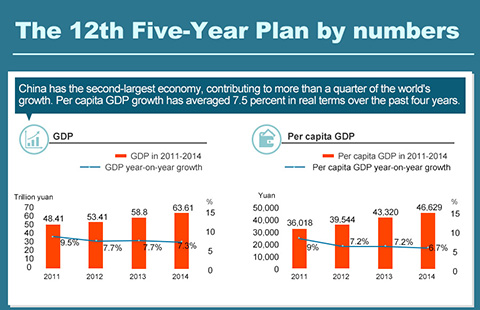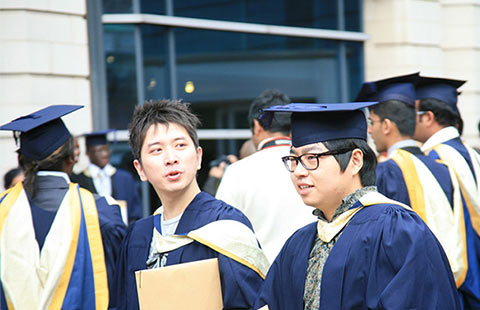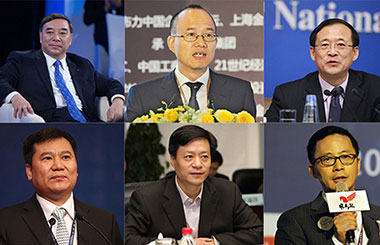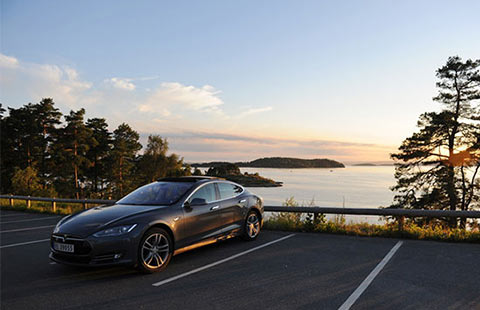Singapore companies to have opportunities from China's growth
(Xinhua) Updated: 2012-07-10 17:51SINGAPORE - Singapore companies will continue to have opportunities from China's growth, after the continued growth and expansion of China-Singapore cooperation over the past two decades, Singapore Prime Minister Lee Hsien Loong said on Tuesday.
Speaking at the FutureChina Global Forum in Singapore, Lee highlighted potential opportunities from the development trends in China such as urbanization and the growing middle class.
Each year about 1 percent of China's 1.3 billion population moved to the cities from the rural areas, which creates demands for housing, education, hospitals and others. The growing middle class also creates greater consumption demand.
"We don't make Louis Vitton, but we have other brands which are more mass market and they are in China. BreadTalk is in China, and so is Charles and Keith, who makes shoes," Lee said.
There are now eight Raffles Cities shopping malls in China, compared with only one in Singapore, he noted.
China and Singapore started their first major cooperation project, the Suzhou Industrial Park, in the early 1990s. There have been many major cooperation projects such as the Tianjin Eco- City and the Guangzhou Knowledge City as well as parks in Chengdu, Xi'an and Henan.
The nature of the relationship between China and Singapore has changed over the past two decades as cooperation expanded and diversified.
Cooperation in other fields such as education and culture and the sharing of experience in social management are growing, too, he said.
"China has changed, not just the development of the infrastructure, but also the mindset, the openness and confidence to do things and to make things happen." said the prime minister.
Lee said that the Singapore brand in China has a very high reputation and efforts should be made to maintain it.
"We have to be selective. When we commit, we must do it well," he said.
The FutureChina Global Forum, which runs from Monday to Tuesday, gathers experts and business leaders from both countries for discussions on the economies and social issues in China, such as stability, demographic trend and e-commerce.
- Mainland approves more Taiwan investment projects
- Shanghai Stock Exchange steps up information disclosure to curb speculation
- Potential for China's economy lies in improved efficiency
- Volkswagen recalls 5,906 cars in China
- CSP Victall to make lightweight parts for China-made vehicles
- Outlook on economy impacts people's views on immigration worldwide: Gallup
- Fruitful China-Britain energy cooperation sets model for global climate battle
- They live in Russia, but shop in China














